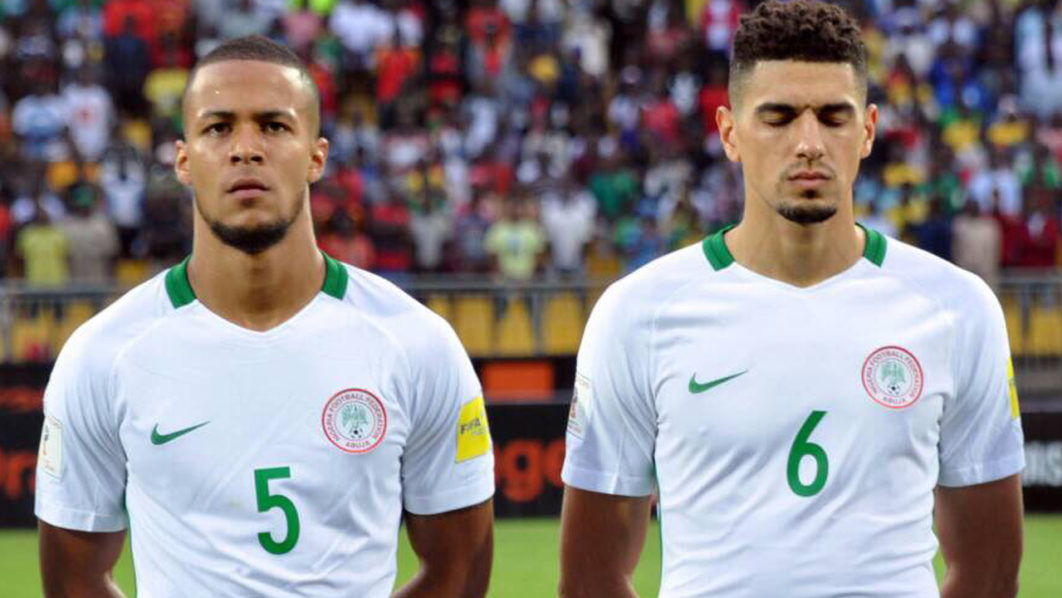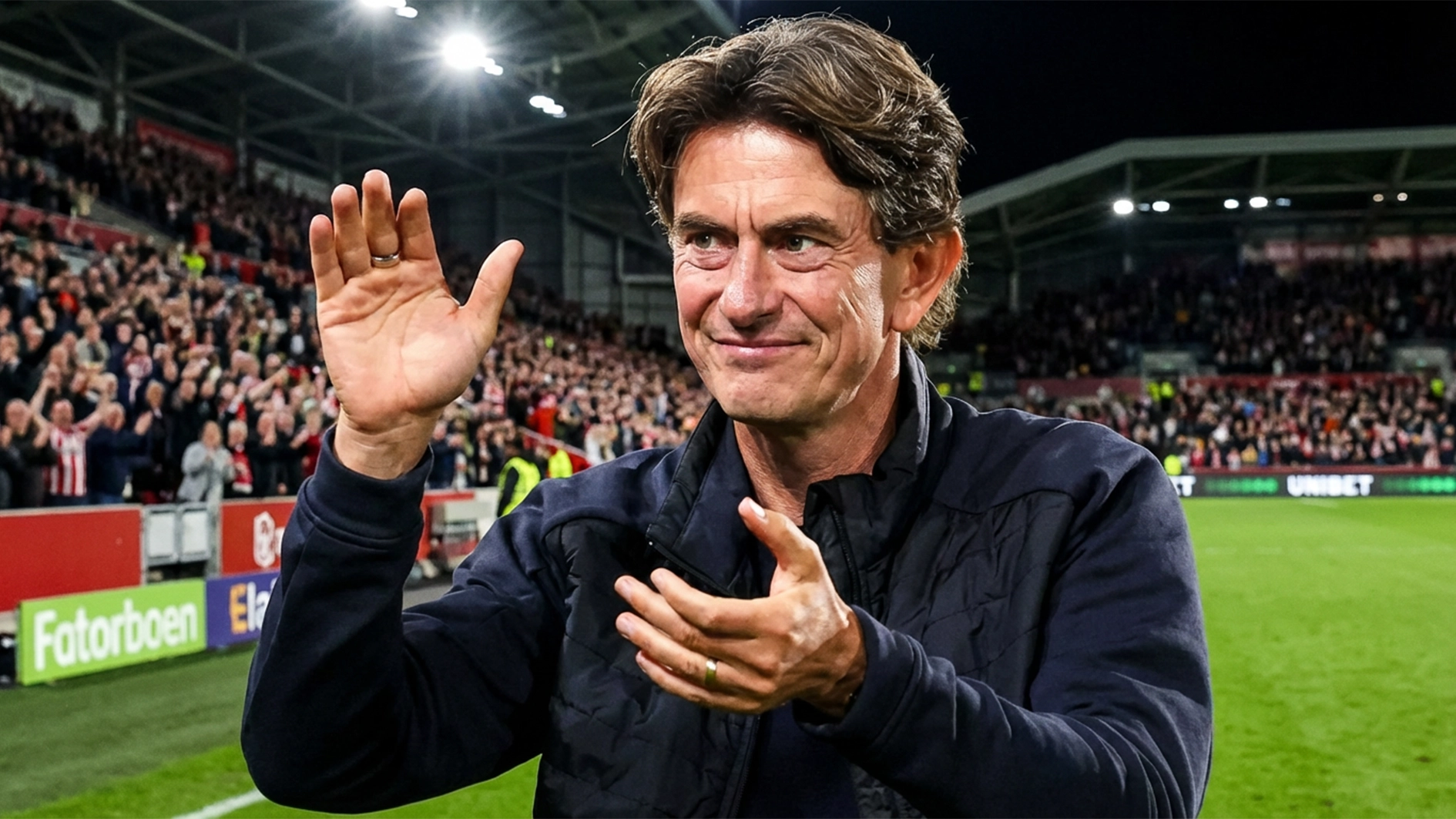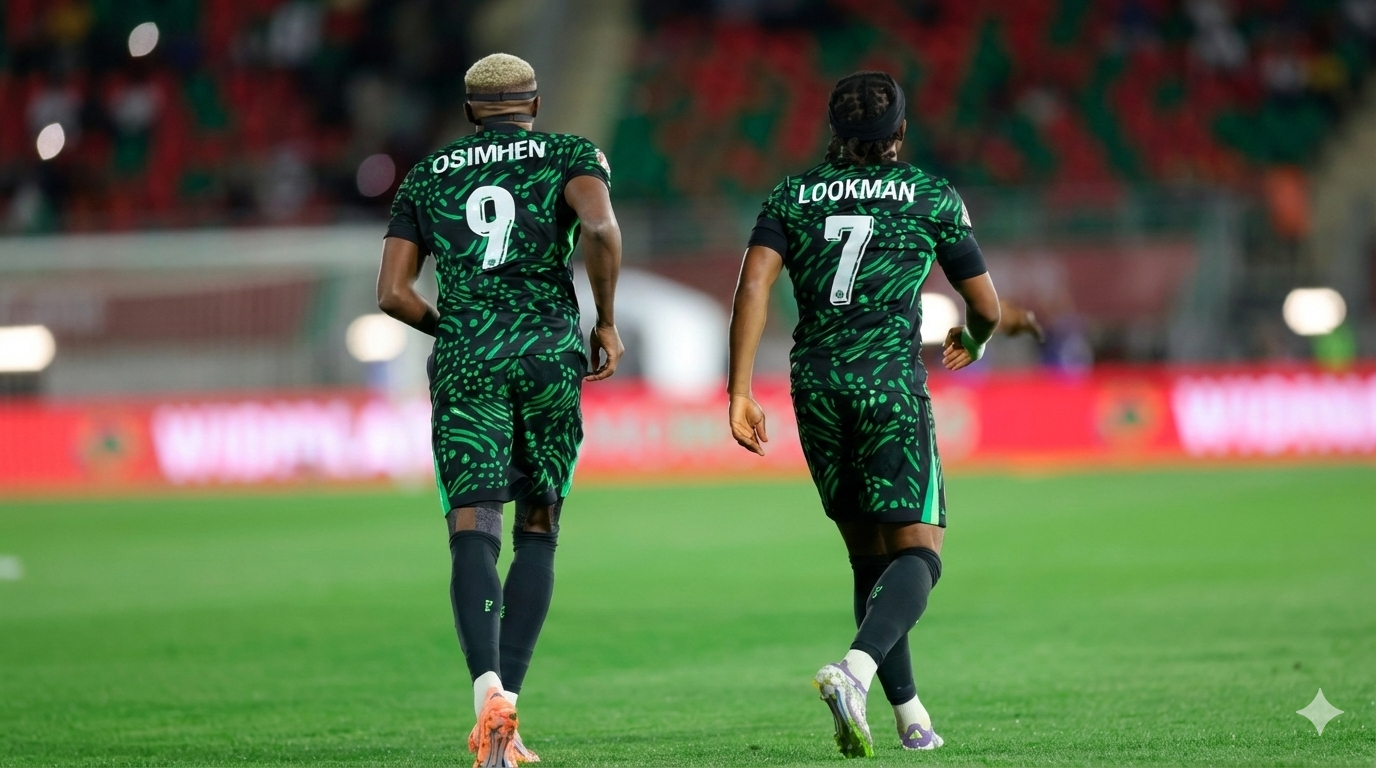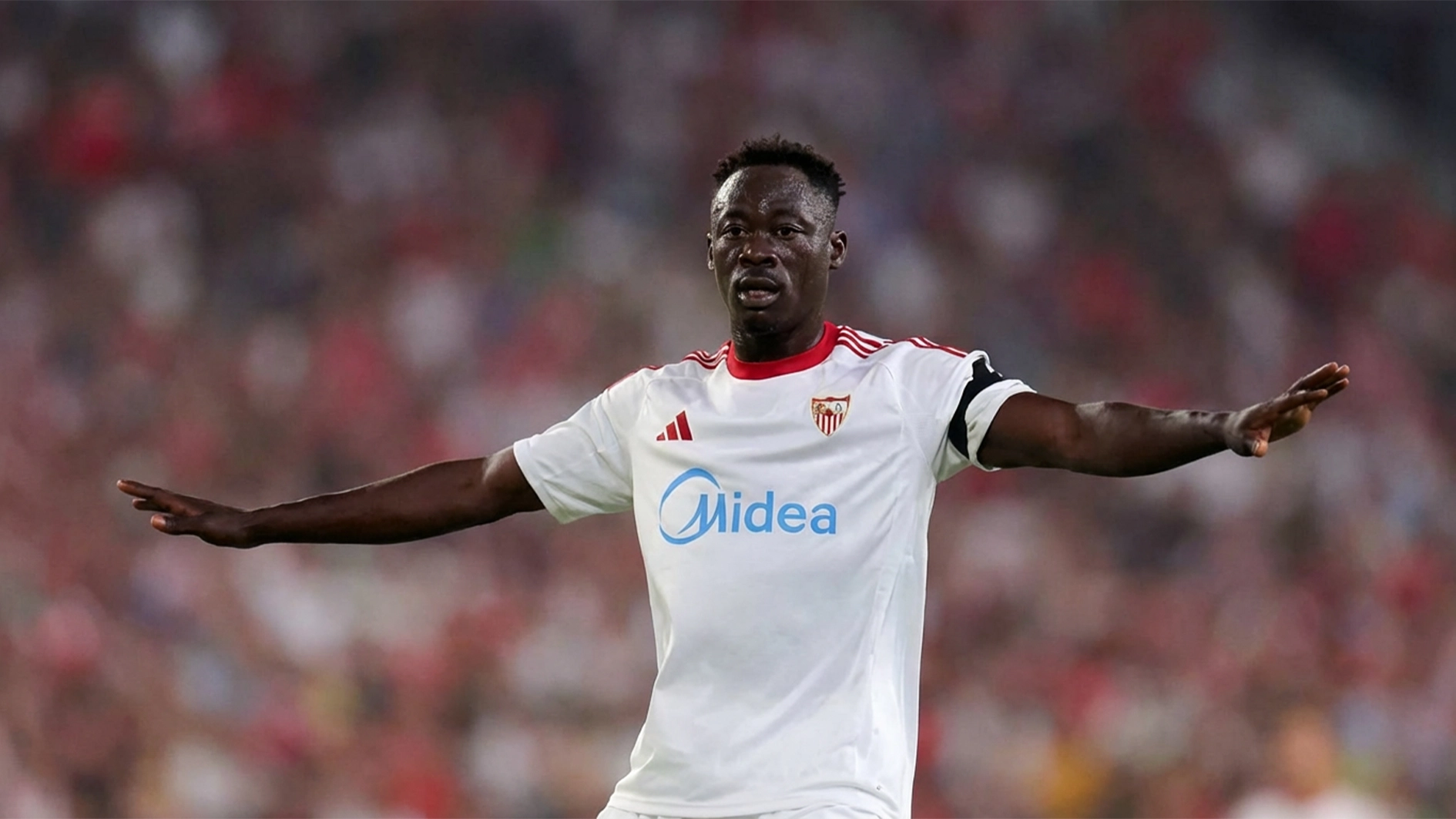
The acclaim continues to pour in for the pairing of Leon Balogun and William Troost-Ekong at the heart of the defence for the Super Eagles. Their latest outing, in the double header against reigning African champions Cameroon, which saw Nigeria pick up four points from a possible six and only concede via a Vincent Aboubakar penalty in Yaoundé, has seen them referred to as the finest pairing since Taribo West and Uche Okechukwu.
That is indeed high praise. Whether or not it’s accurate is an entirely different matter. But what is clear is that the understanding between these two has definitely led to a solidity that we have not seen in the national team for quite some time.
They have come to be known as the ‘Oyinbo’ (an often pejorative term for light-skinned foreigners) Wall, a nod to their mixed race heritage. It is endearing that they themselves have adopted the name, and are entirely comfortable with it. It is a very Nigerian trait – thick skin; the sensibility to take things light-heartedly and in good humour, turning a potential negative into a positive.
Their success together and their willingness to embrace the culture and identity makes a mockery of those who would champion an agenda against foreign-born Nigerian footballers. In their desire to see the local league grow and gain the exposure it so sorely needs, some sections of the indigenous media have taken up a sort of vendetta against the NFF’s stated objective of pursuing players in diaspora who are eligible for Nigeria.
This is not only counter-intuitive, but self-defeating. International football is hard enough as it is, without imposing restrictions on your own self by consciously shrinking your own talent pool. It creates a false dichotomy and probably does more harm than good to the prospects of the locally-based players. While obviously, it would be indefensible to favour these foreign-born players purely on that basis, any discerning coach can quickly sift stones out of the rubbish, and determine those who will be useful to the cause.
That these two have arisen when they did is also very opportune, as the Super Eagles would likely be facing a defensive crisis otherwise. When the late, great Stephen Keshi won the Africa Cup of Nations in 2013 with a pairing of Godfrey Oboabona and Kenneth Omeruo, it seemed the national team was set in that department for years to come. Both were young, and relatively unknown, with their whole careers ahead of them as it were.
The reality since then has been rather different. Oboabona, now based in Saudi Arabia, failed to push on and has fallen almost completely off the radar, and Omeruo has similarly regressed. Azubuike Egwuekwe, the trusty back-up, has also disappeared into the ether.
While Balogun earned his first cap under Keshi, it is under Rohr two years on that he became a mainstay, and he is now producing his best football, providing calm assurance and excellent reading of the game. Alongside him, Troost-Ekong, another who made his debut under Keshi, has grown from the shaky, green defender that made his international bow against Chad in 2015.
Neither is by himself a world-beater – they lack the profile of Okechukwu and West, the men they are compared to – but together they are greater than the sum of their parts. That is an important factor in every defensive partnership – the level of understanding between the individuals.
“Off the pitch, we are friends and that is having very positive impact on our game when we play together in the back-line for the Super Eagles,” Balogun told the official website of the Nigeria Football Federation in May.
“We know each other and we know what the other is thinking, that has helped our game a lot.”
Sometimes, football really is that simple. By the very nature of international football, it is a freak occurrence that will see any country have all the best players, but by working together, bringing all its strands, however disparate, together to form one cohesive whole, something truly spectacular can be formed.
It is also a wake-up call to Omeruo (who is still a part of the set-up, interestingly, but has seen himself drop below even the inexperienced Chidozie Awaziem in the pecking order) and Oboabona, emphasizing the need for them to step their game up and work harder.
As it stands though, when the story of this very exciting generation is told, it is the ‘Oyinbo Wall’ that will form a vital part of its mythology.






